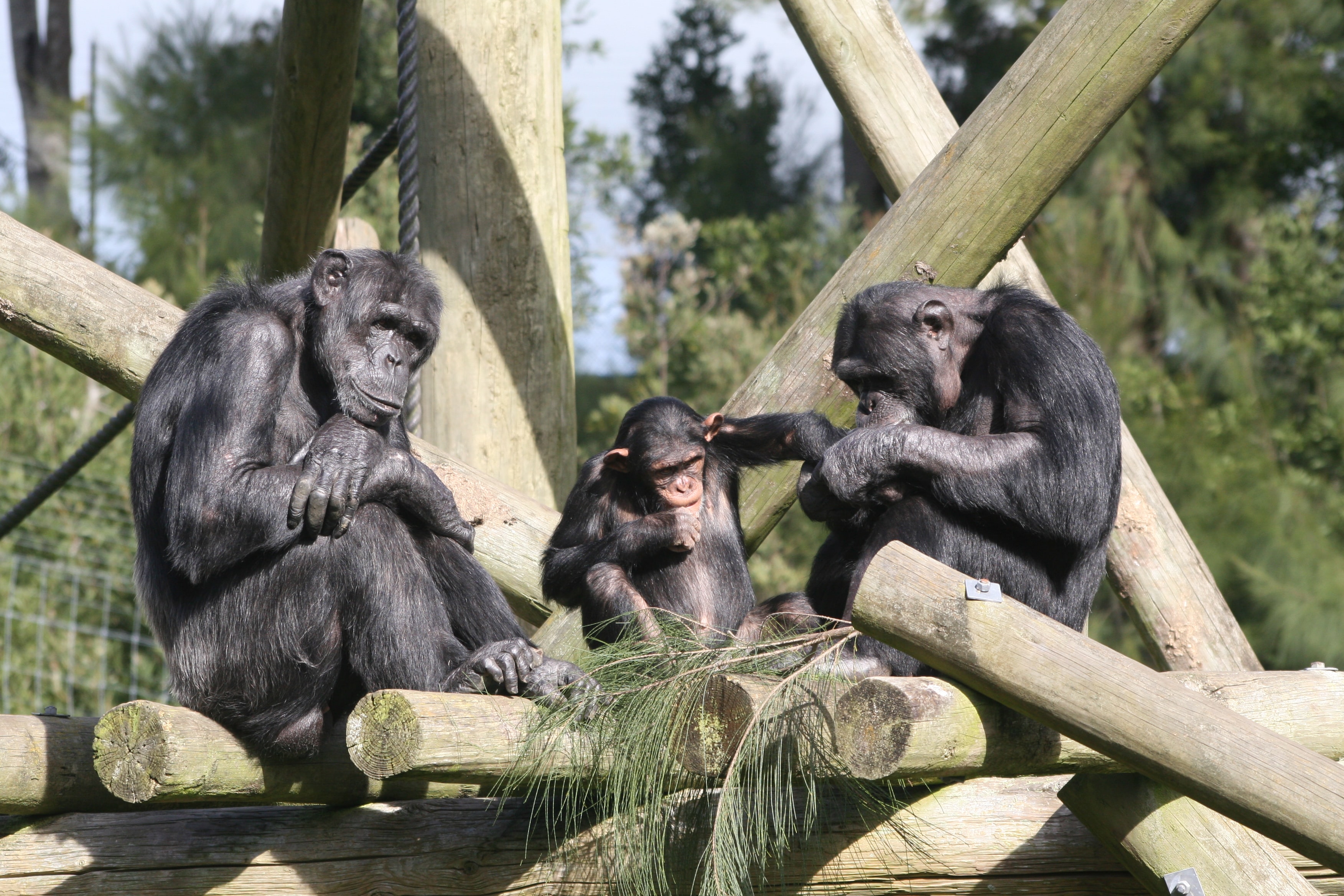News release
From:
Anthropology: Tool use may be socially learned in wild chimpanzees
A group of wild chimpanzees did not crack nuts when provided with stone tools to do so even though a separate, nearby community of chimpanzees crack nuts with tools, according to a long-running field study published in Nature Human Behaviour. This suggests that the use of tools is not easily picked up by wild chimpanzees, and may suggest that this behaviour has to be socially learned.
Humans learn to use tools and other skills from watching each other. Through this form of social learning, human culture has become increasingly complex. However, whether this type of cumulative culture is unique to humans is an ongoing debate. Previous experiments with captive apes have found that they begin to use tools without being taught, but captive apes observe humans using tools and may learn this behaviour from them.
In a long-running field experiment, Kathelijne Koops and colleagues provided a wild chimpanzee community in Seringbara, Guinea, with the exact tools that some nearby chimpanzee communities use to crack nuts. They also provided the chimpanzees with nuts, and filmed the results using camera traps. The authors observed that the chimpanzees were interested in the tools at first, but did not use them to crack nuts, and gradually lost interest over several months. However, a separate chimpanzee community in Bossou, Guinea — only six kilometres away — do use tools to crack nuts.
These findings provide further insight into the nature of chimpanzee culture. Nut cracking by chimpanzees is considered to be a cultural behaviour that is only practised by certain chimpanzee communities. These experiments suggest that this part of chimpanzee culture is not readily adopted by other chimpanzees, even when they are given the tools. The authors suggest that chimpanzee culture, much like human culture, may have developed through learning from those within their social groups.



 International
International


